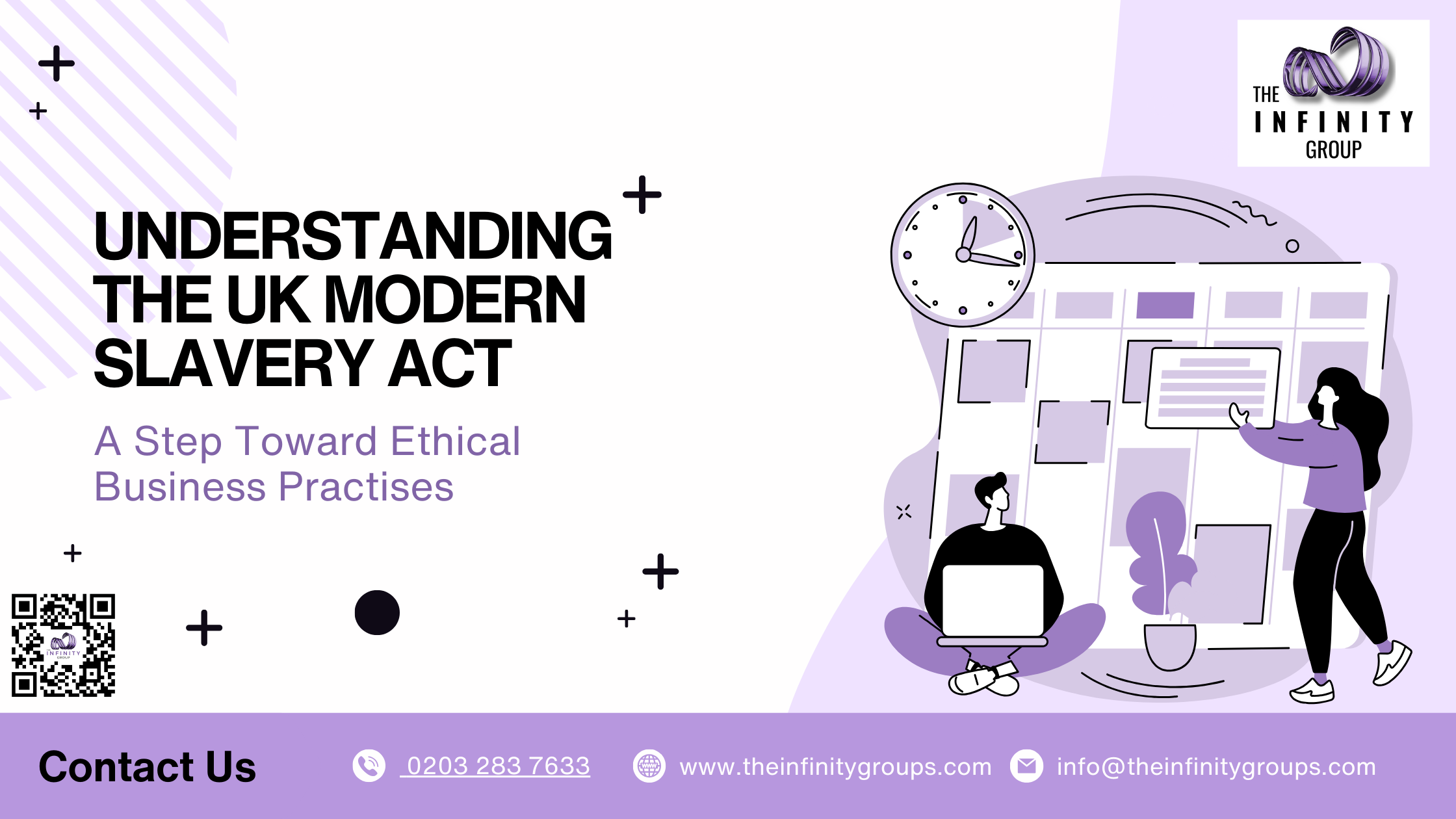The UK Modern Slavery Act is a significant piece of legislation aimed at tackling modern slavery, human trafficking, and forced labour across business operations and global supply chains. Introduced in 2015, it was designed to bring transparency and accountability to how companies handle these issues, with a particular focus on supply chain management. In this blog, we’ll break down the act’s key requirements, who it applies to, and what companies need to do to remain compliant.
The Growing Problem of Modern Slavery
Despite widespread awareness, modern slavery is still a pervasive issue today. Globally, an estimated 46 million people are trapped in some form of modern slavery, including forced labour, human trafficking, and child labour. Shockingly, slavery exists in 167 countries, making this a global concern that affects all industries. In the UK alone, government estimates suggest there were 10,000 to 13,000 victims of modern slavery as of 2013.
Who Does the Modern Slavery Act Apply To?
The Modern Slavery Act applies to UK-based companies and their subsidiaries that have an annual turnover of £36 million or more. It also has extraterritorial implications, meaning it applies to businesses globally if they operate in the UK and meet the turnover threshold.
Affected companies must take steps to eliminate modern slavery from their operations and supply chains, submitting annual Modern Slavery Statements within six months of their financial year-end. This report must be made public and include key details about the company’s efforts to prevent slavery.
Key Requirements of the Modern Slavery Act
- Risk Assessments and Due Diligence
Companies are required to conduct detailed risk assessments of their own operations and supply chains, identifying areas where the risk of human trafficking and forced labour is high. This often includes mapping out supply chains and conducting regular checks, particularly in industries or regions with known labour issues.
- Maintaining Systems for Corrective Action
Organisations must establish processes for corrective actions if modern slavery is found within their operations or supply chains. This can include things like enforcing a whistleblowing policy, which protects those who report any suspicious activity without fear of repercussions.
- Audits for Supplier Compliance
To ensure suppliers and service providers are not violating the Modern Slavery Act, companies need to conduct regular audits. Suppliers in high-risk regions or industries are often required to submit Modern Slavery Statements and complete rigorous questionnaires that assess their labour practises.
- Supplier Code of Conduct
A Supplier Code of Conduct is a key component in helping companies prevent modern slavery. Based on the International Labour Organisation (ILO) and UN Guiding Principles, this code outlines expectations for suppliers to uphold human rights, avoid forced labour, and provide safe working conditions. Suppliers are typically required to complete an annual self-assessment to ensure compliance.
- Performing Due Diligence
Ongoing due diligence is crucial for preventing human rights violations within a company’s supply chain. Businesses must demonstrate that they are actively working to identify and address risks of modern slavery through rigorous monitoring and reporting. The UK Joint Committee on Human Rights has also recommended mandatory reporting on due diligence for human rights.
Consequences of Non-Compliance
Failure to comply with the Modern Slavery Act could result in financial penalties and significant damage to a company’s reputation. As consumer awareness grows, companies are under increasing pressure to maintain ethical business practises, making compliance with the act more critical than ever.
The Future of the Modern Slavery Act
The UK government commissioned an independent review of the Modern Slavery Act in 2021, suggesting that reporting requirements may become even stricter, with the possibility of financial penalties for non-compliance. Businesses must be proactive in addressing modern slavery risks and meeting their reporting obligations to stay ahead of future legislative changes.
How The Infinity Group Helps Contractors Stay Compliant
At The Infinity Group, we understand the importance of compliance with legislation like the UK Modern Slavery Act. Our services are designed to help contractors and businesses manage their compliance obligations with ease. From CIS payroll services to IR35 compliance, we offer tailored solutions to ensure you meet your legal responsibilities, allowing you to focus on what matters most growing your business.
Reach out to The Infinity Group today to learn how we can support your business in staying compliant with the latest regulations.

